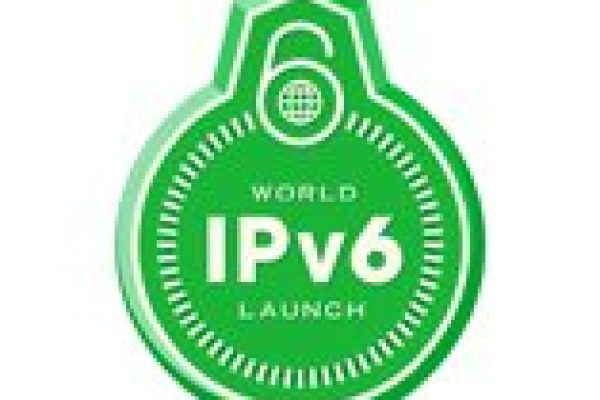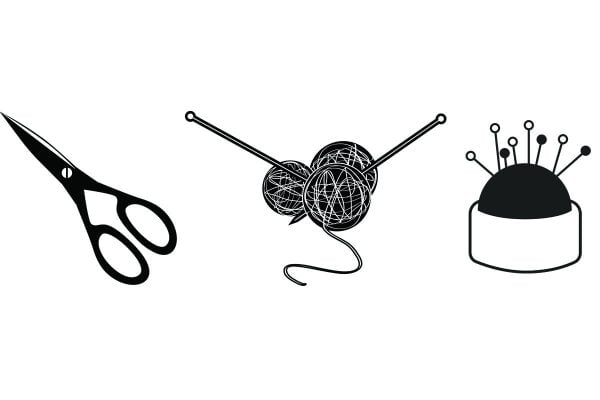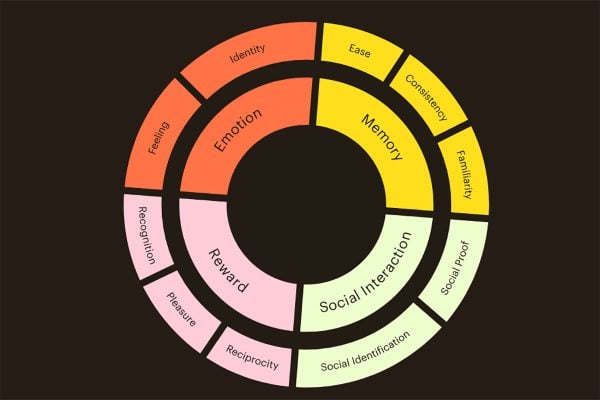You probably give very little thought to how the Internet works, what technology is used to connect your computer to eBay, PayPal, Amazon, your website, email and the myriad of other sites that you visit every day.
There’s a problem though, when the Internet was first conceived it used 32bit IP addresses. An IP (Internet Protocol) address is what’s used to identify every computer, website and email server on the Internet. Every single device connected to the net has to have a unique IP address to be identified, and routers then talk to each other to route information from one device to another.
In recent years there has been an explosion of Internet connections. If you look around your own home you’ll probably have a computer and maybe a laptop, but increasingly other devices such as Wii, xBox, and even televisions are internet connected. Even your Internet enabled mobile smart phone needs to communicate with the net.
The problem is that there are a limited number of IP addresses – 4.3billion. That might sound like a lot, but it’s predicted that we’ll run out of IP addresses some time this year. We currently use IP version 4, but if you’re purchased a new computer running Vista or Windows 7 you may have noticed it also support IP version 6. IPv6 moves from the 32 bit addresses of IPv4 to 128bit addresses which add trillions of new IP addresses.
Currently even if you have an IPv6 enabled computer it’s unlikely that your router and ISP are support IPv6. That might change soon though. On 8th June, 2011, Google, Facebook, Yahoo!, Akamai and Limelight Networks are some of the major organisations that will offer their content over IPv6 for a 24-hour “test drive”.
World IPv6 Day will be the biggest ever test of IPv6 and has never been deployed on such a large scale before. The aim of the day is to help the Internet industry prepare for the new protocol, find and resolve any unexpected issues, and pave the way for global deployment.
As an Internet user you shouldn’t be affected by the tests, even if you’re still operating (like me) on IPv4. Although many major sites will be testing IPv6 they’ll still run IPv4 in parallel so you should be able to access all services as normal. However there may be some users who experience connectivity problems (estimated to be 0.05% of Internet users).





One Response
This reminds me of the old (01) for London dialing code. That changed not once but twice. Hopefully everything will be trouble free.